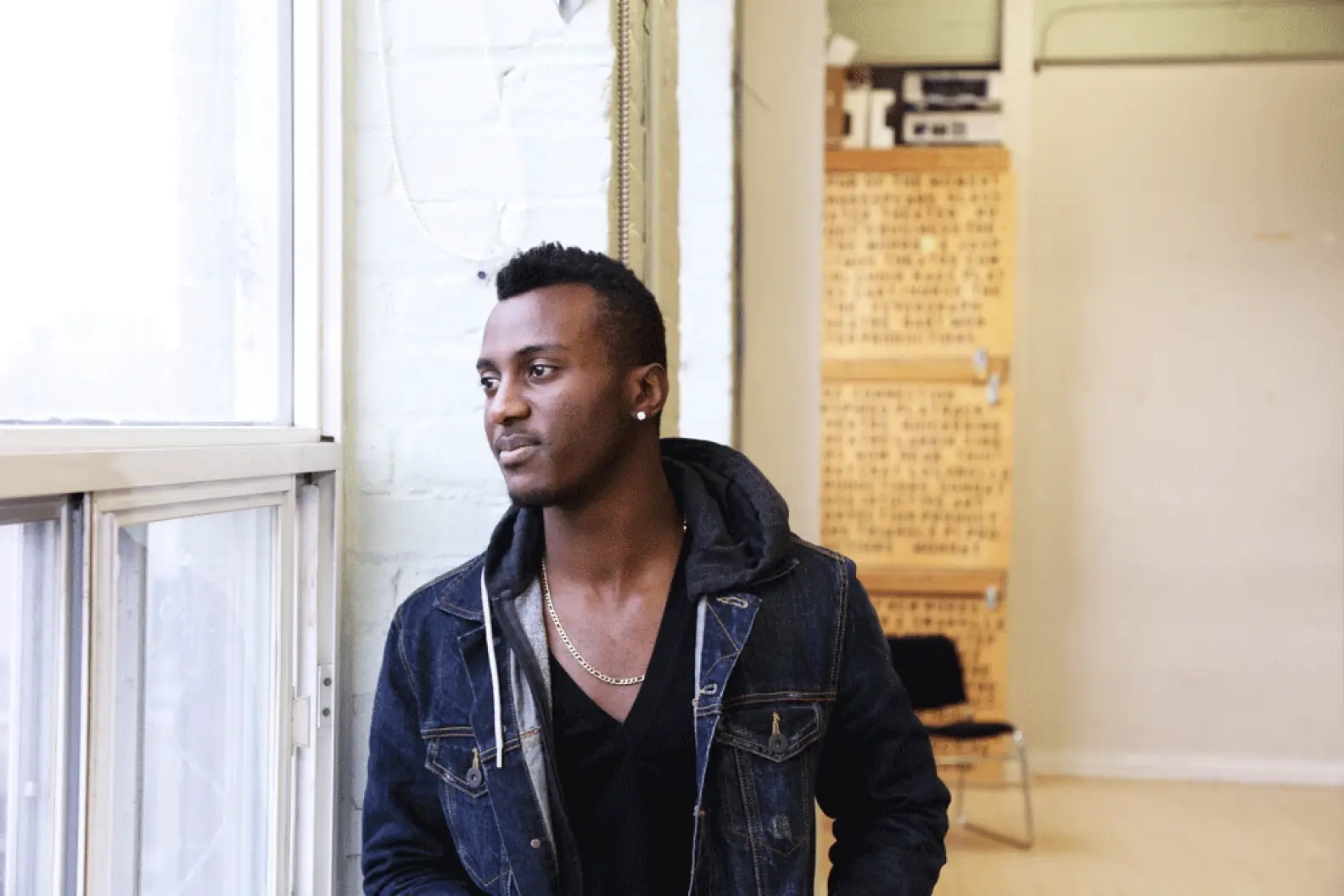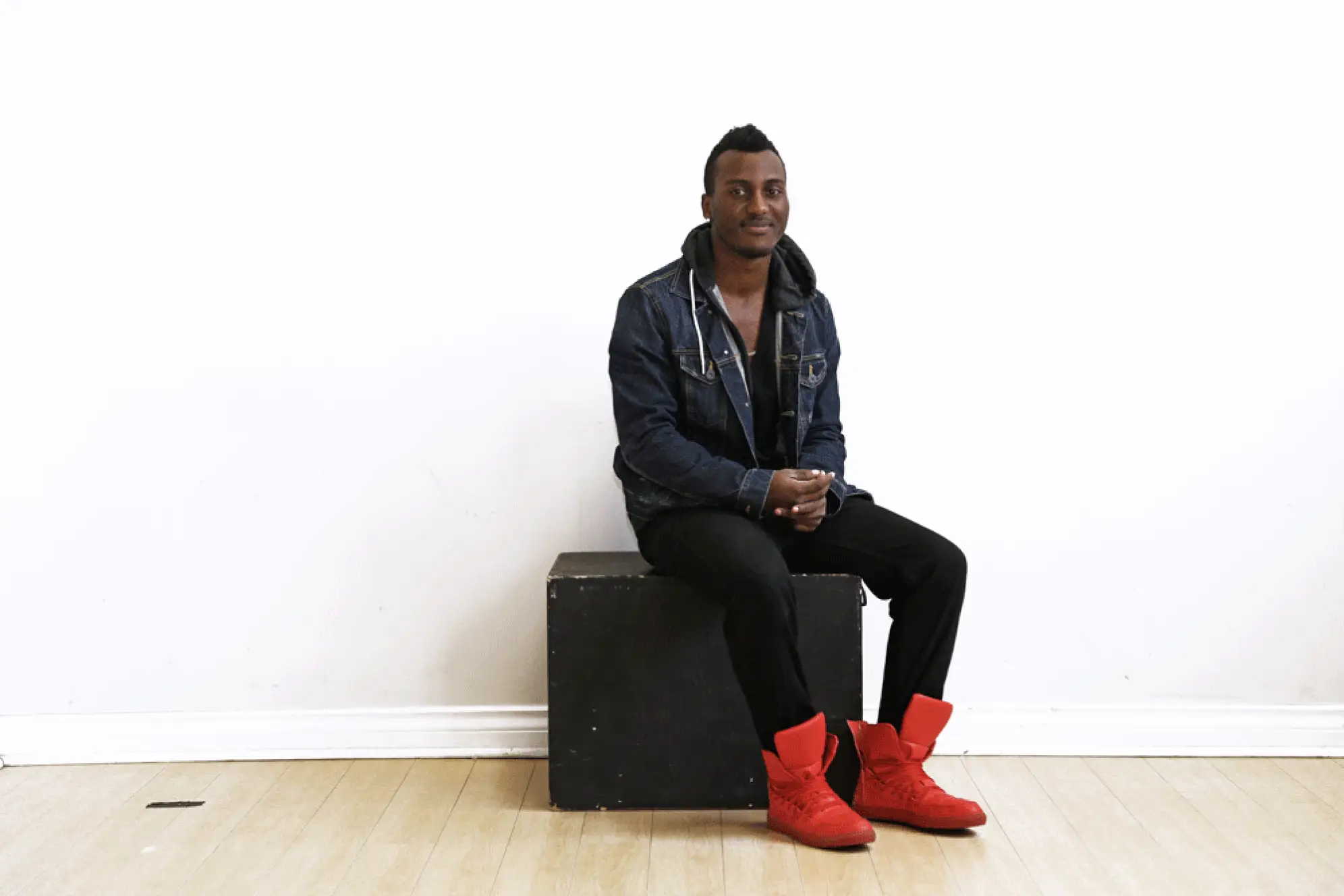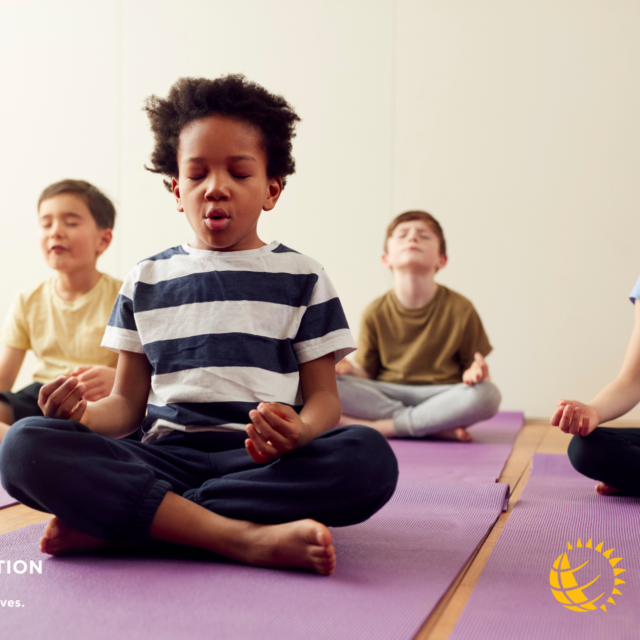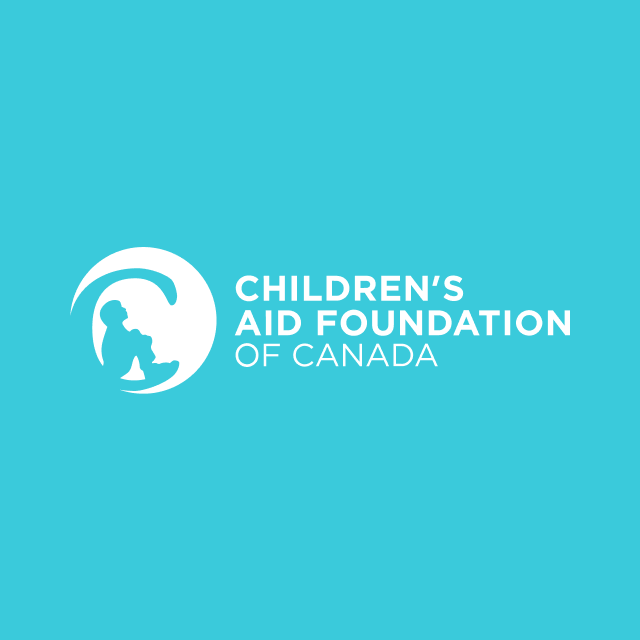This March, we’re focusing on mental health awareness. Mental health issues often have significant adverse effects on young people throughout the child welfare system. Whether the issues are directly related to youth or members of their families, mental health challenges and the stigma surrounding them can seriously hinder a young person’s confidence and their development into a healthy, stable adult.
*The opinions and views expressed in this article are that of the youth in profile, and not necessarily reflective of the official opinion or position of the Children’s Aid Foundation.
The labels surrounding mental health can be tough, because even if you don’t have the illness your parent has, someone who knows that ‘hey, this person’s parent has a mental health issue’, might judge you for it.
“I came into care when I was about eight or nine; my sisters, younger brother, and I were homeless at the time. My brother has lissencephaly, which means he can’t walk or talk; he’s been in a wheelchair for most of his life. He was really sick, in and out of the hospital, and my birth mother, who has an undiagnosed mental health condition, was told: ‘your kids need to be in care’. She was basically deflecting that, so she ran away with us, and when our brother finally ended-up in the hospital again, it split us up and we entered care. My mother was very sick, and could still be sick now. I haven’t seen her in 11 years, so I don’t know if she sought any help, but I do know she was advised to see a doctor. She didn’t believe she was sick and she didn’t trust doctors, or police officers or whoever, so she just ended-up letting the sickness fester.”
My mother was very sick, and could still be sick now. I haven’t seen her in 11 years, so I don’t know if she sought any help, but I do know she was advised to see a doctor. She didn’t believe she was sick and she didn’t trust doctors, or police officers or whoever, so she just ended-up letting the sickness fester.

“My mother’s behaviour was all I knew; I didn’t know that it was different. But, when I moved to foster care, recognizing all the differences between my birth mom and my foster parents, I came to understand that my mom has a mental health condition. Connecting with my foster parents was weird, because they’re not actually my parents but were acting like it, whereas my real parent was not acting like a parent. Fitting-in with foster families, making new friends, and going between labels, like how people look at you if you’re a mixed-race family, can be tough. One of my favourite questions was: ‘Are those are your parents? But, you’re Black… And they’re White.’ I was always like, ‘Really? I didn’t know that.’”
“The labels surrounding mental health are tough, because even if you don’t have the illness your parent has, someone who knows that ‘hey, this person’s parent has a mental health issue’, might judge you for it. A lot of my life I’ve struggled with PTSD and depression. It’s hard when people look at you and think of you in a certain way, and you have to still move forward in life like everybody else. I have found though, that through pain, we learn a lot about ourselves. My battle with depression gave me the opportunity to get to a better place than where I was. It gave me the realization that my life does matter, and it is worth living. People in the general population, who aren’t in care, don’t necessarily understand what it’s like. They need to trust that it’s possible to get from a bad spot to complete success. It won’t be easy, but it’s very possible. A lot of the time, it’s good kids in bad situations.”
My battle with depression gave me the opportunity to get to a better place than where I was. It gave me the realization that my life does matter, and it is worth living. People in the general population, who aren’t in care, don’t necessarily understand what it’s like. They need to trust that it’s possible to get from a bad spot to complete success.
“It’s pretty important to have support for kids whose parents are mentally ill, because it can be hard especially when you’re struggling in school or to make friends, times can get pretty dark. If there’s no support for those kids, it can cause a bunch of different issues, like depression or anxiety. I now have a lot of dreams and plans that I’m working hard towards. I’m an aspiring rapper and obsessed with making music. That’s what I work hard at. I like the idea of entrepreneurship, too. I also see myself becoming a public speaker and sharing my story. The pieces seem like they’re all fitting together.”
Throughout the years, Dann has received educational and preventative support through the Children’s Aid Foundation. The demand for mental health funding remains great.
Support young people like DANN in achieving their full potential.


